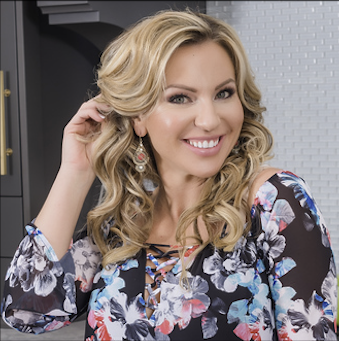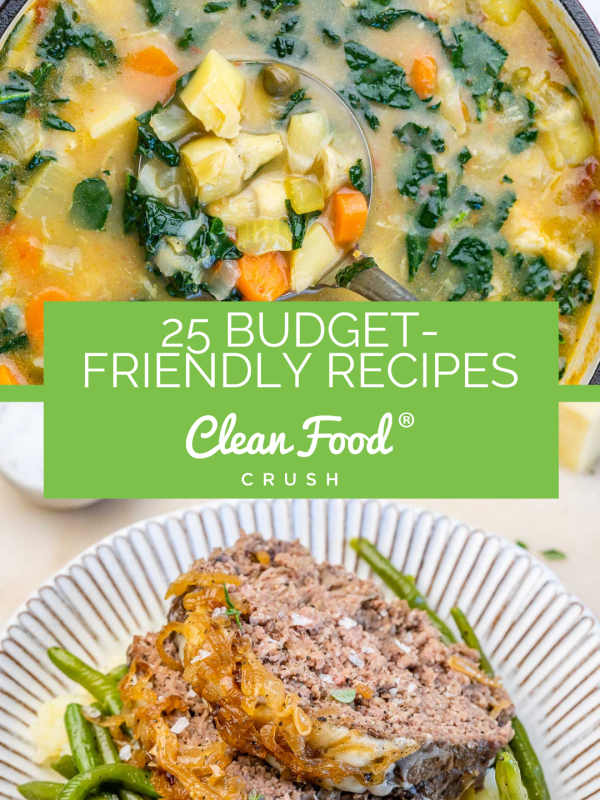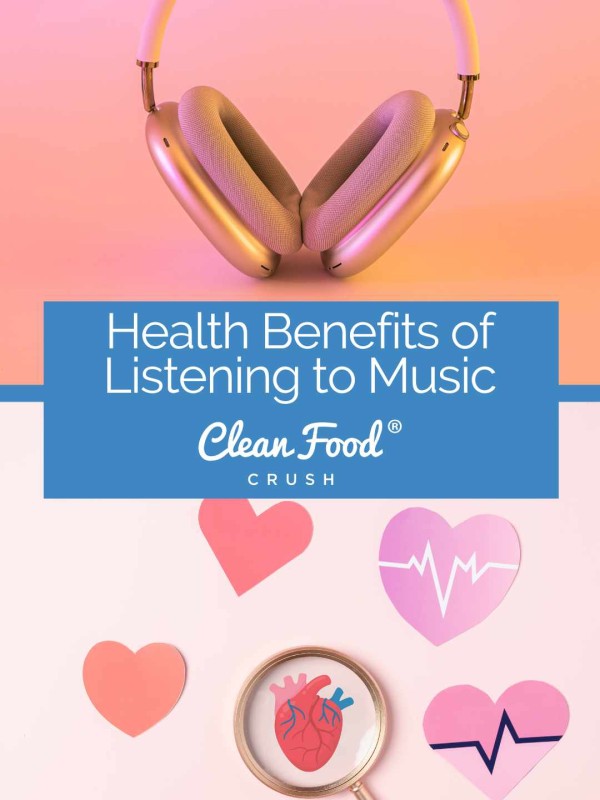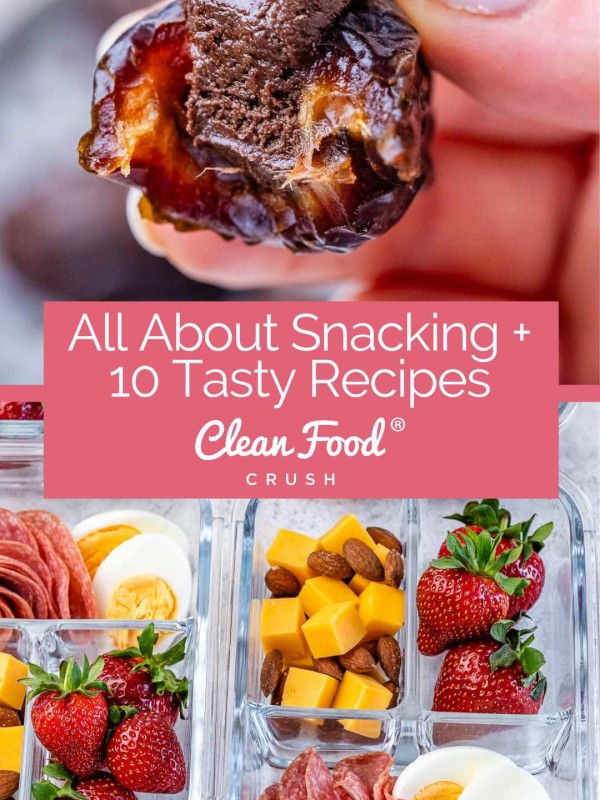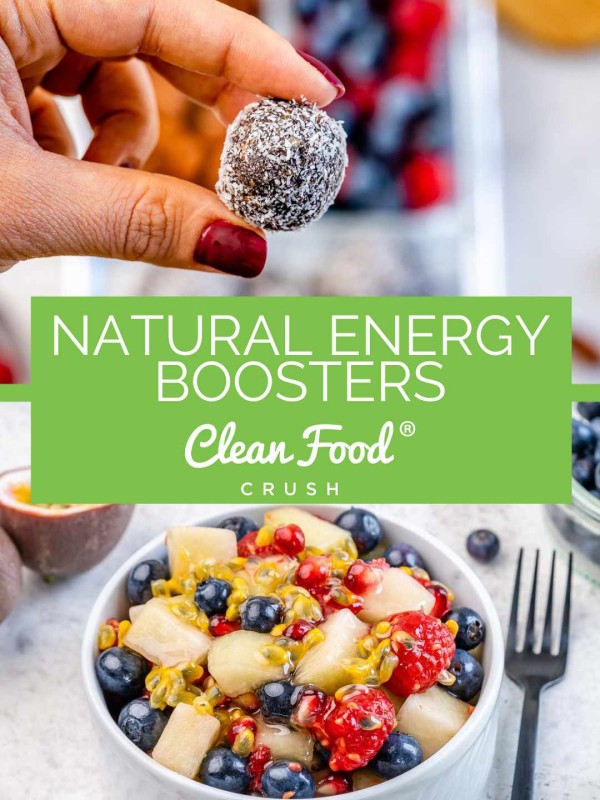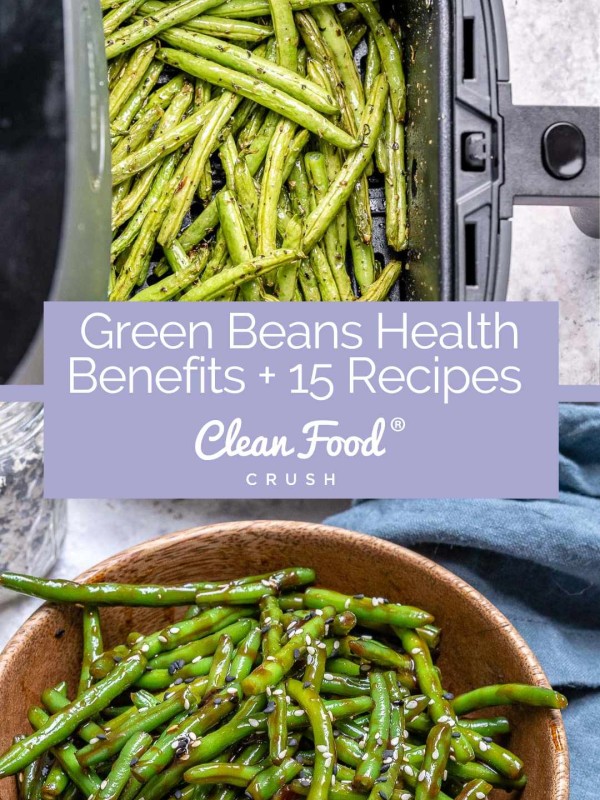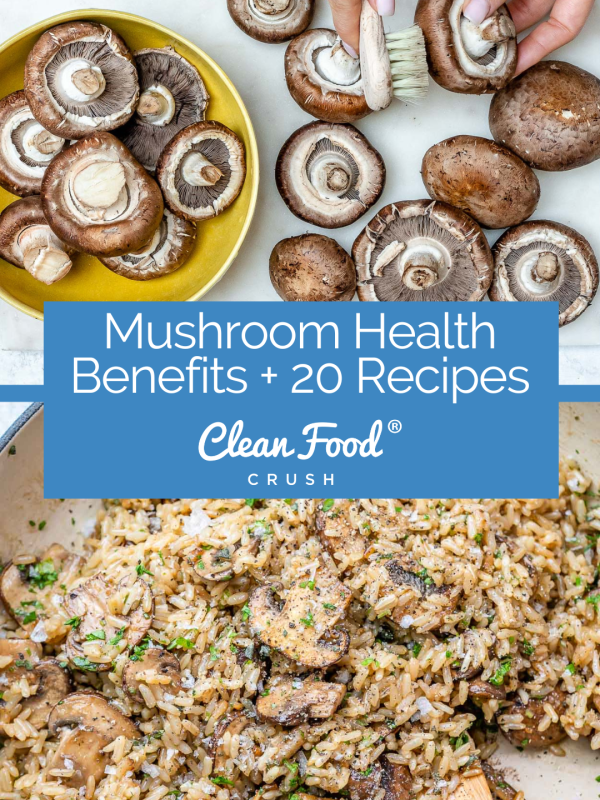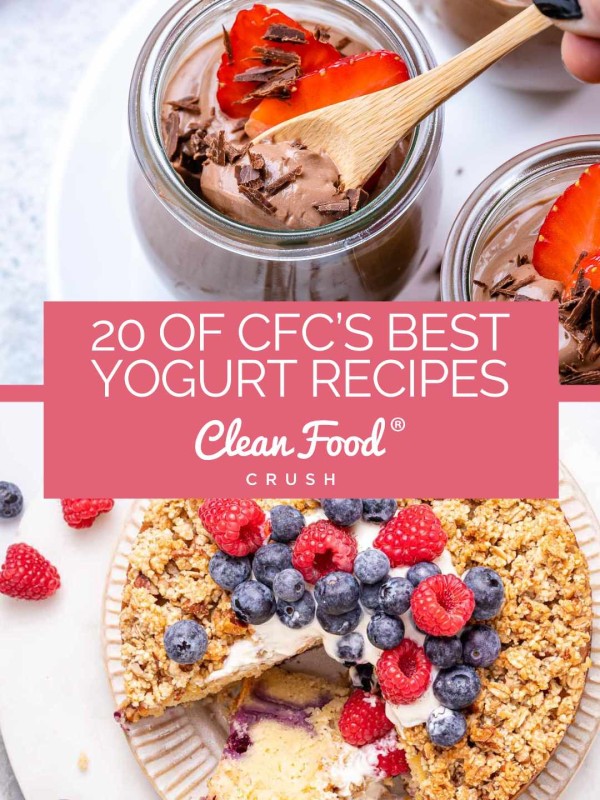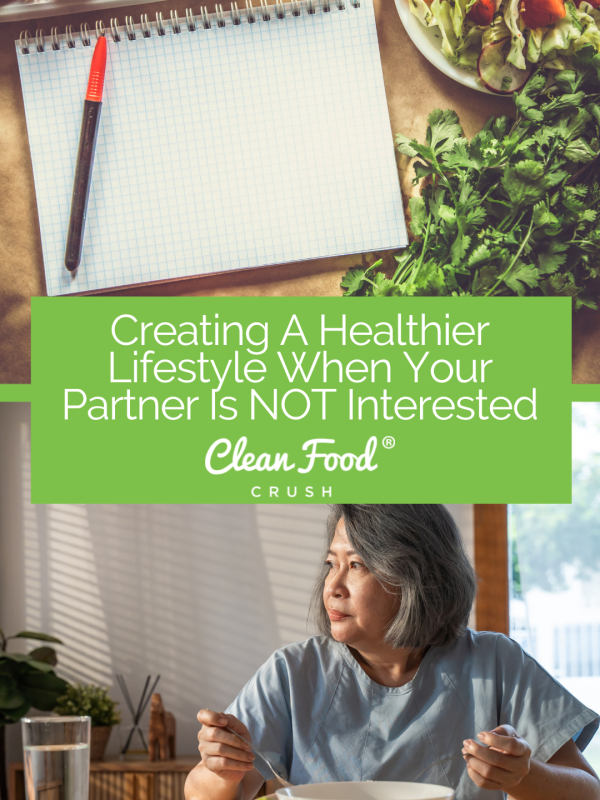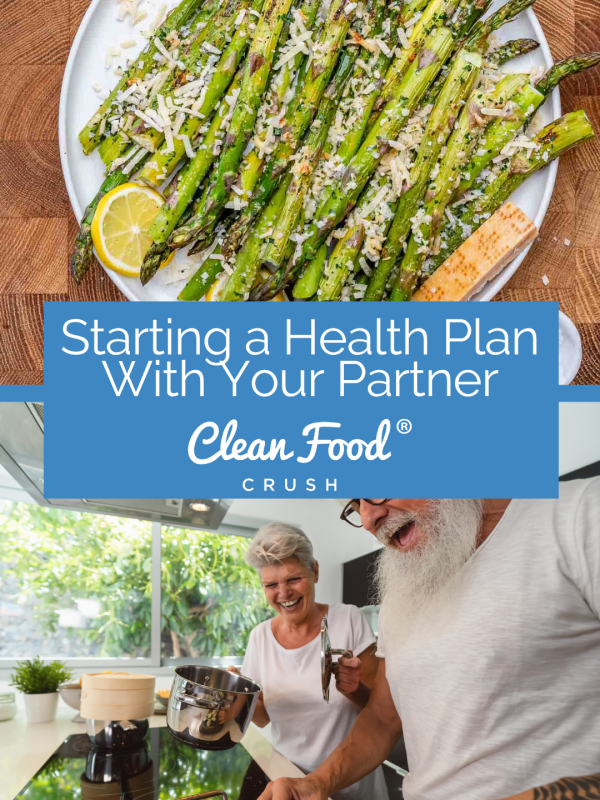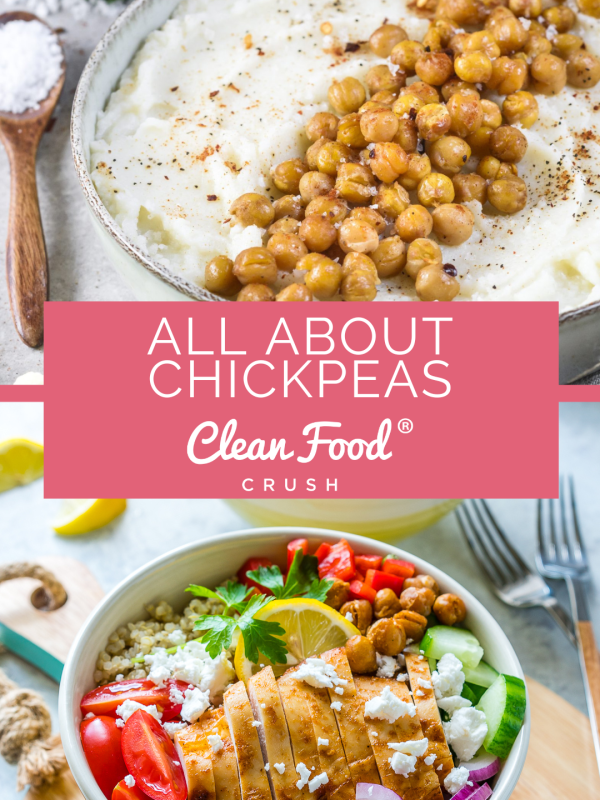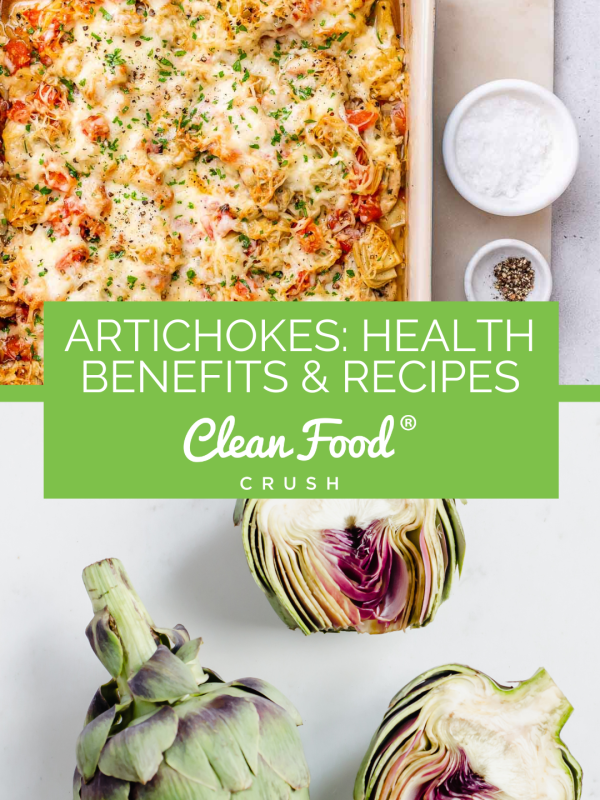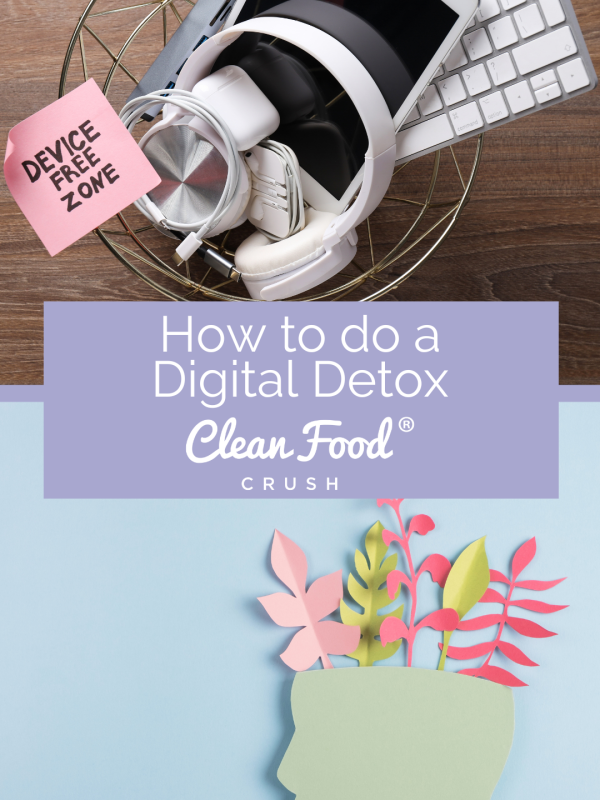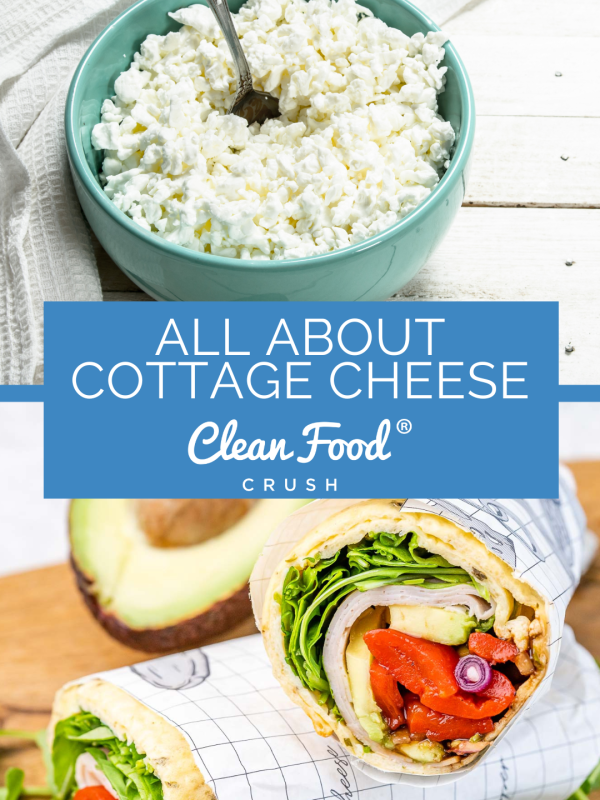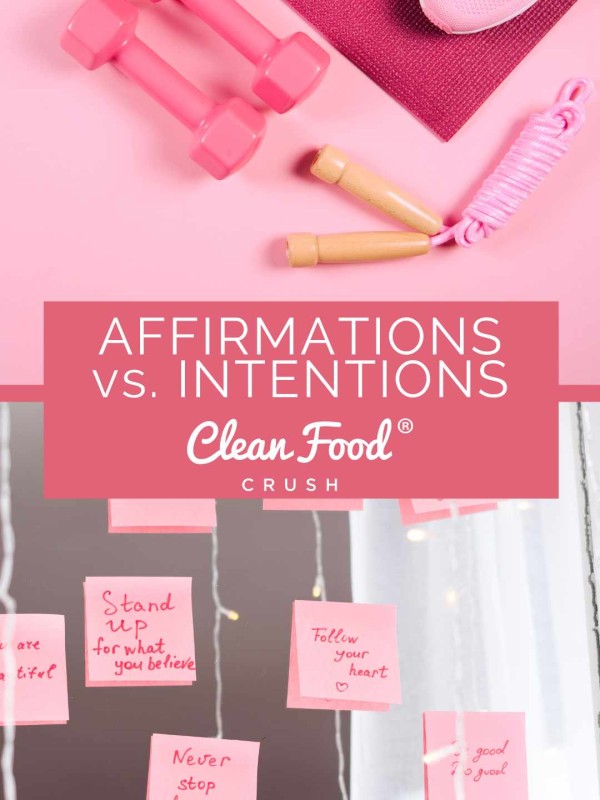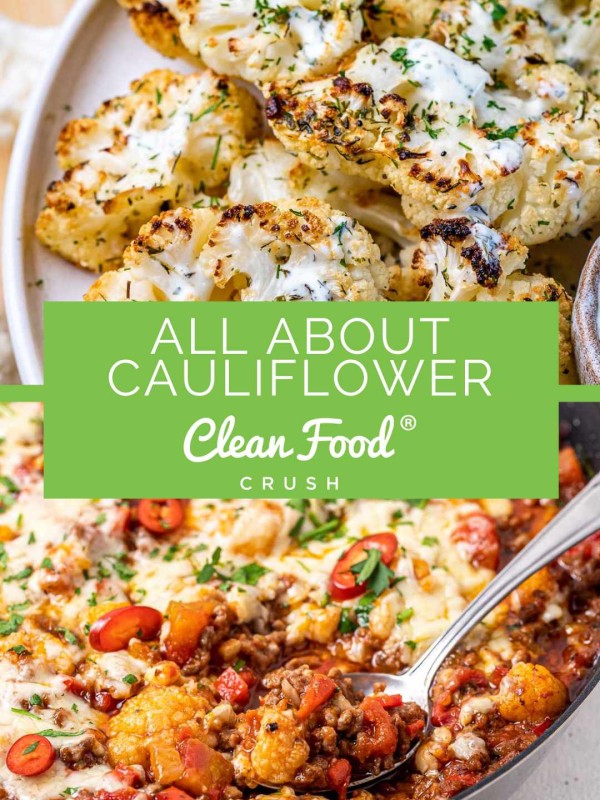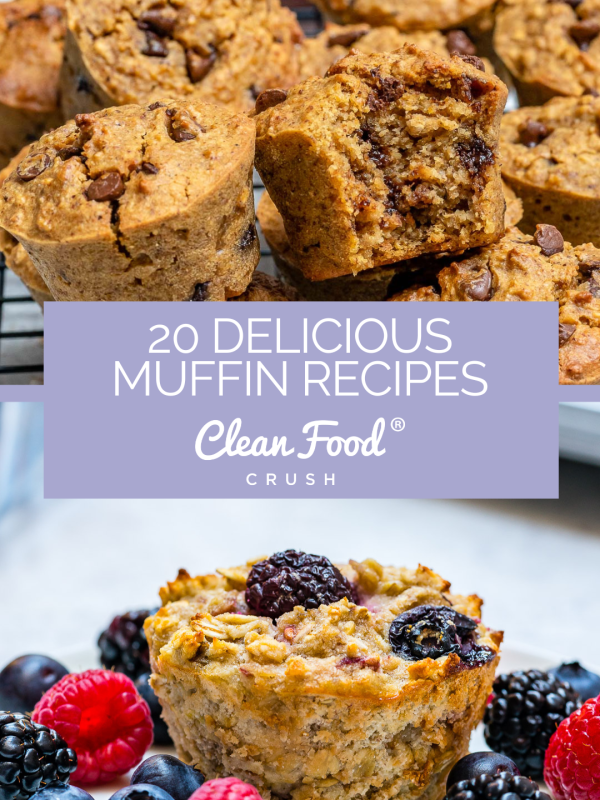This post contains affiliate links. Please see our disclosure policy.
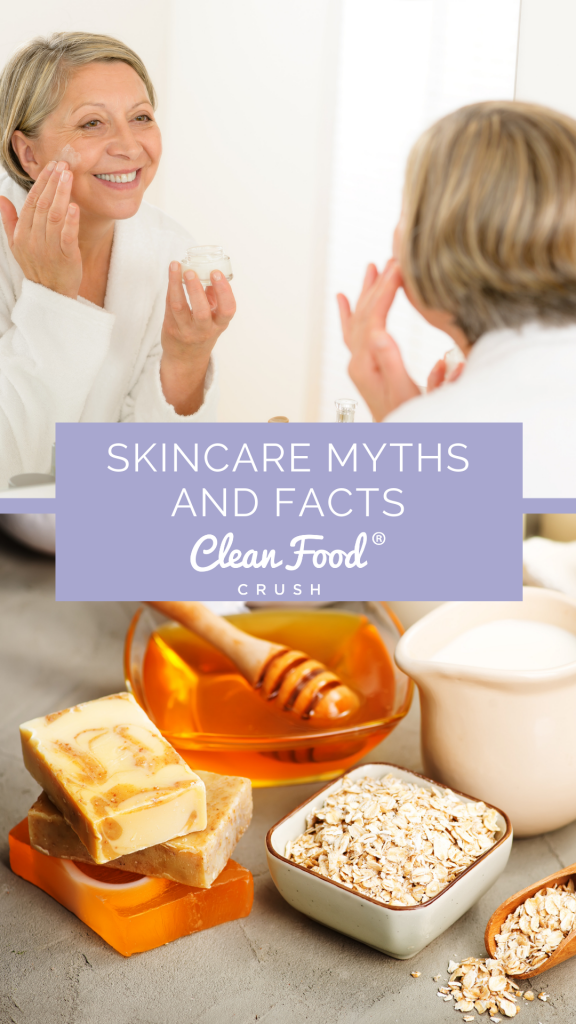
Myth vs. Facts for Skin Care
With all the information about skincare out there, it can get overwhelming knowing what to listen to and what to ignore. Which new product should you try and what should you avoid? What about homemade scrubs and lotions? While it’s always best to consult your doctor or dermatologist (especially if you have more sensitive skin or a specific issue), these myths vs. facts are excellent ways to start.
SCRUBS:
🚫 Myth – All Scrubs are the same and can be used anywhere.
✅ Fact – Some scrubs are superior, and some skin is much more sensitive, and you need to be more careful about what scrub you use. Many scrubs are abrasive and too harsh for your face and neck. For example, try not to use a white sugar-based scrub on your face.
Like I mentioned here, keep the shape of the scrub in mind. Always choose perfectly spherical scrubs for your face. (And be sure it is environmentally friendly, so your skincare isn’t clogging up the ocean!) Try testing the scrub on the back of your hand– if it feels even a tiny bit scratchy, don’t use it on your face. Another approach is to rely on brands you trust to offer well-formulated products. You can start searching for your favorite brand by using this list.
To make your own DIY scrubs, try the ones found in this article.
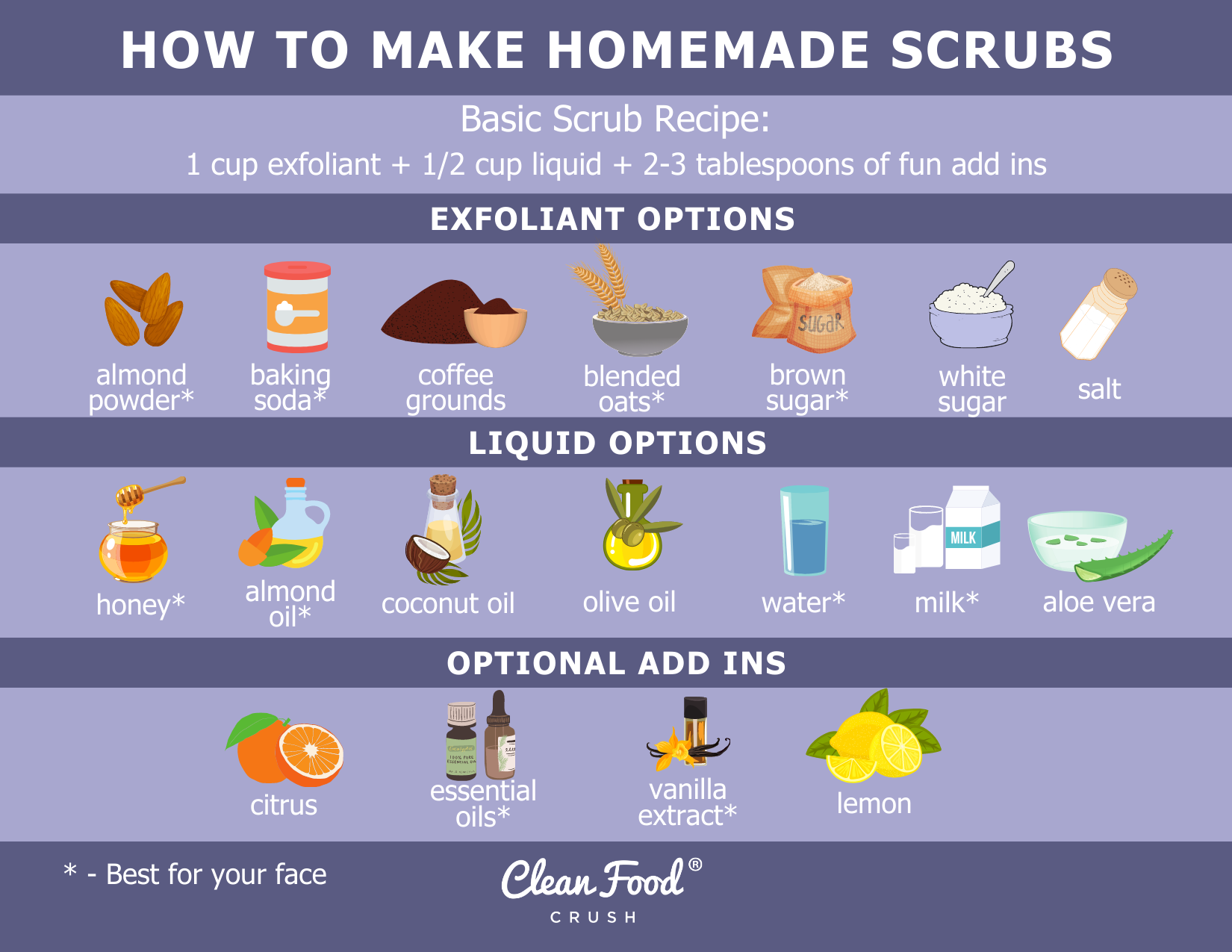
[divider style=”6″]
🚫 Myth – You can scrub blackheads away.
✅ Fact – If only it were that easy! Blackheads form deep in the pore, well beyond where even the best face scrubs can reach. A scrub might remove the uppermost visible portion of the blemish, but it’ll be back shortly. Think of it as using a lawnmower to remove weeds. The mower lops off the top part of the weed but doesn’t get to the root, which is what a leave-on BHA exfoliant does beautifully. (Not sure what that is? Here’s a great beginner’s guide!)
[divider style=”6″]
🚫 Myth – Tingling is a sign of a scrub working.
✅ Fact – Tingling is caused by the ingredients and isn’t directly related to the scrub’s effectiveness. Menthol, peppermint, and eucalyptus are in many scrubs and cause that tingle.
[divider style=”6″]
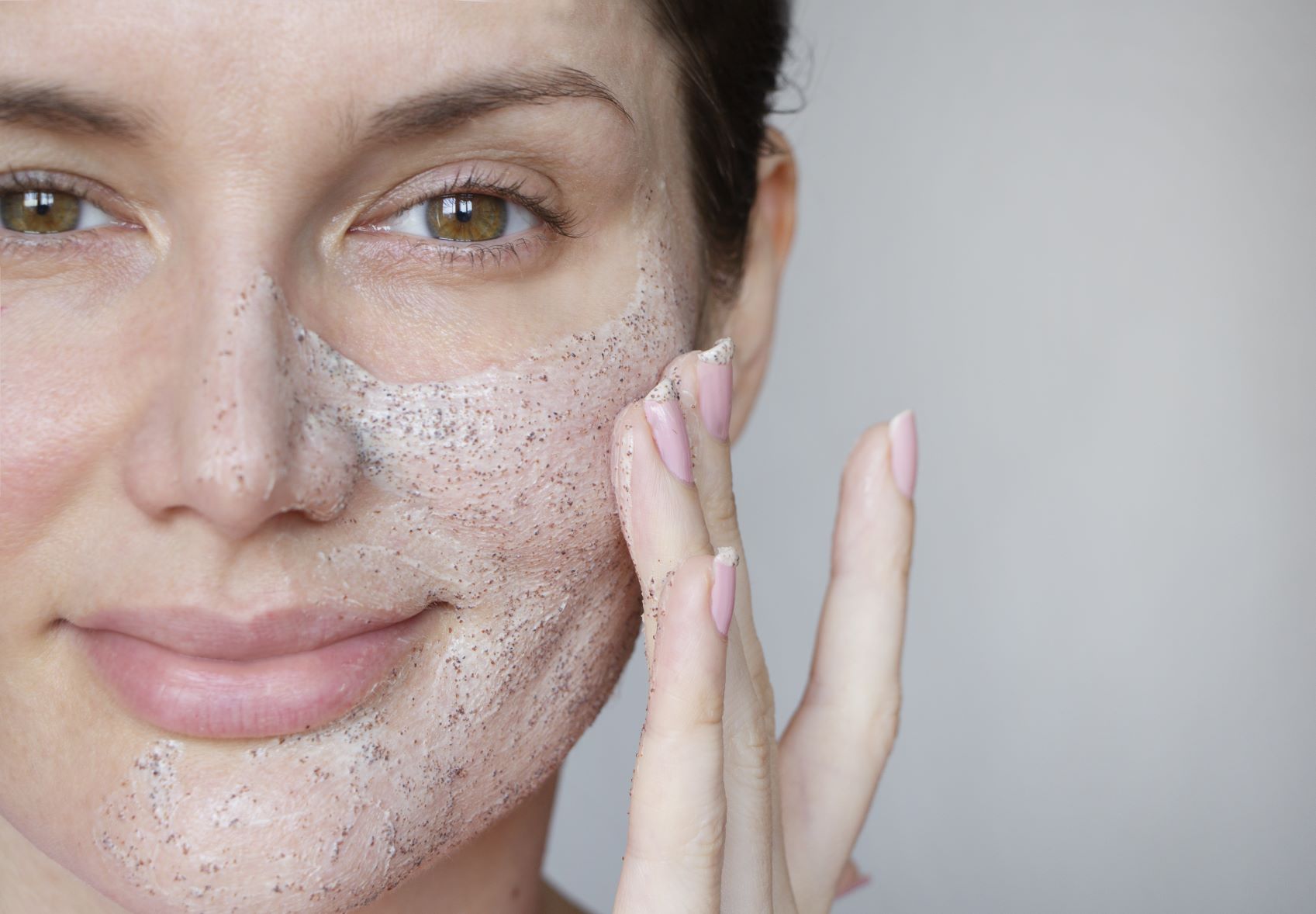
Do you want to try a scrub today? You don’t have to spend a ton of money. You can make your personal scrub with products in your kitchen with three simple steps.
Pick a base! Sugars and coffee grounds are great for the body but can be too harsh for the face. Baking soda (use with caution) or blended oats are suitable for the face and are best paired with water or honey.
Pick an oil. Coconut and olive oil are best for body scrubs and pair great with sugars and coffee. You can also choose water (best with baking soda and oats), almond oil, or Aloe Vera.
Optional! Pick a scent. Essential oils are excellent (my favorites are lavender for the face and peppermint for the body), but you can also try honey or vanilla extract.
My favorite pairing is brown sugar + coconut oil + lavender + vanilla extract.
DIY HACKS:
🚫 Myth – DIY is always just as effective as store-bought.
✅ Fact – This isn’t always true. Sometimes DIY is just a band-aid when what you need is stitches. And you shouldn’t give yourself stitches (unless you’re a doctor, I guess.) If you have persistent or serious skincare problems, consult your dermatologist! For daily, usual skincare, the DIY is perfect.
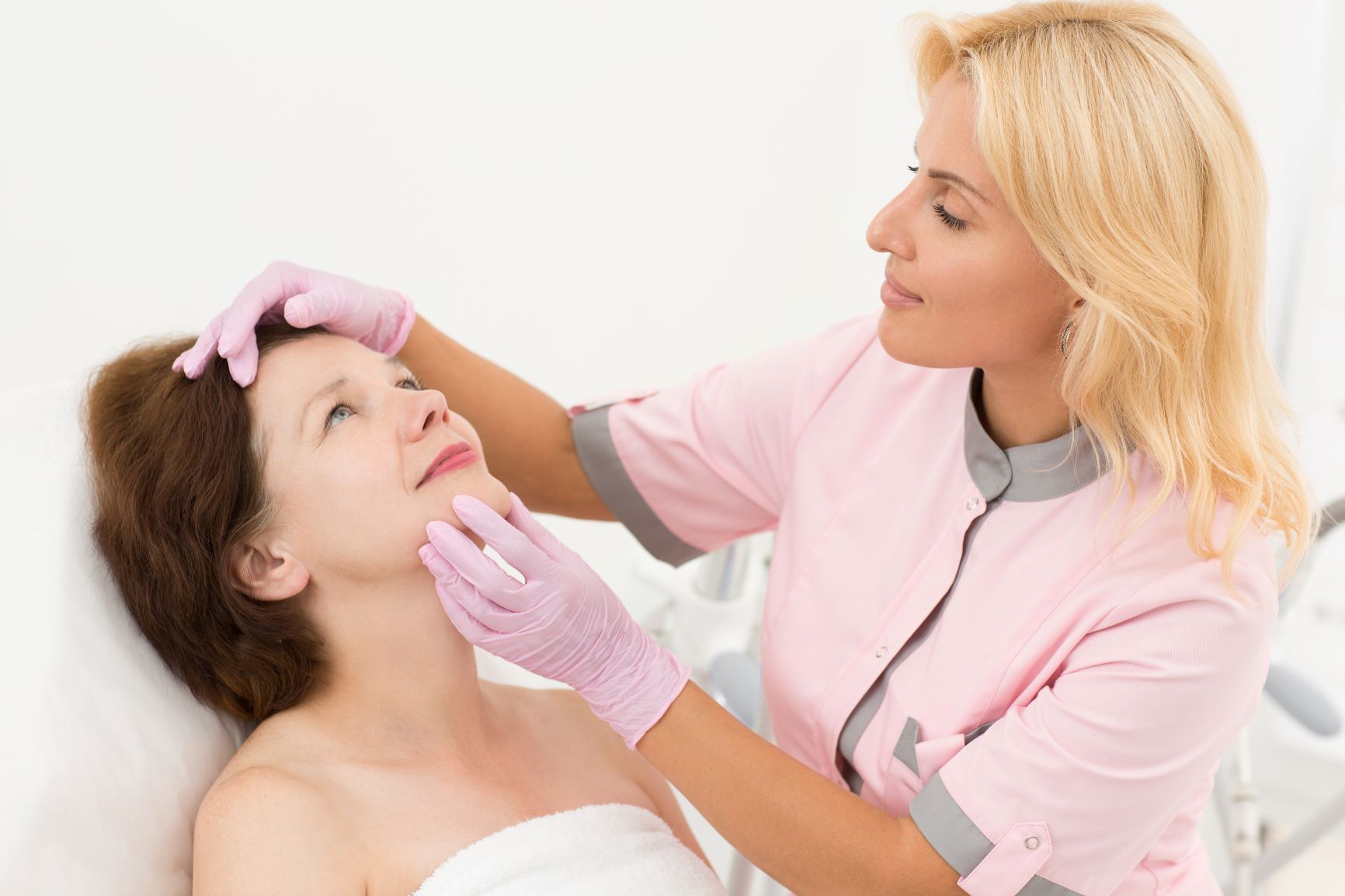
[divider style=”6″]
🚫 Myth – Egg masks reduce fine lines and tighten the skin.
✅ Fact – Raw eggs clog your pores and can cause breakouts and irritation. Plus, let’s not discount the risk of salmonella. The bacteria can get into your body through micro-abrasions in your skin. Just save those egg whites for a tasty meal instead.
[divider style=”6″]
More DIY hacks you definitely want to avoid:
- Garlic – This can cause skin allergies, inflammation, and sometimes blisters.
- Toothpaste – Yes, it kills germs and absorbs oil, but it’s just a nonstarter. Splurge for something better because toothpaste will dry out and irritate your skin.
DIY hacks that you MIGHT want to avoid:
- Lemon juice – This can be too acidic for sensitive skin and can cause dryness and irritation. Though, it has been known to help with blackheads.
- Baking Soda – I know, I just listed this as a protentional scrub ingredient, but it’s good to be sure about what you’re using. The pH level can put stress on your skin and disrupt the natural balance, causing dry skin. While this may work for some, others will want to avoid it!
- White sugar – GREAT in body scrubs, but avoid using this for your face. Your feet and hands will thank you, but your face may not.
If you have more sensitive skin and aren’t positive about what you should or shouldn’t use, talk to your doctor or dermatologist. Your skin is your friend, so be kind to it, even when using homemade remedies.

SKIN PROBLEMS:
🚫 Myth – Popping the pimple makes it go away.
✅ Fact – Picking and touching your skin is never a good idea. It can open wounds, cause infections, scars, more acne, and irritation.
[divider style=”6″]
🚫 Myth – Any treatment will work for acne.
✅ Fact – Your skin is special and unique and deserves an equally special solution. The best rule is to consult a doctor if you have bad acne. If you have mild acne and just want a quick nonprescription product to help, check these out:
(And remember to ALWAYS apply sunscreen after using these products in the morning since they can cause extra skin sensitivity.)
[divider style=”6″]
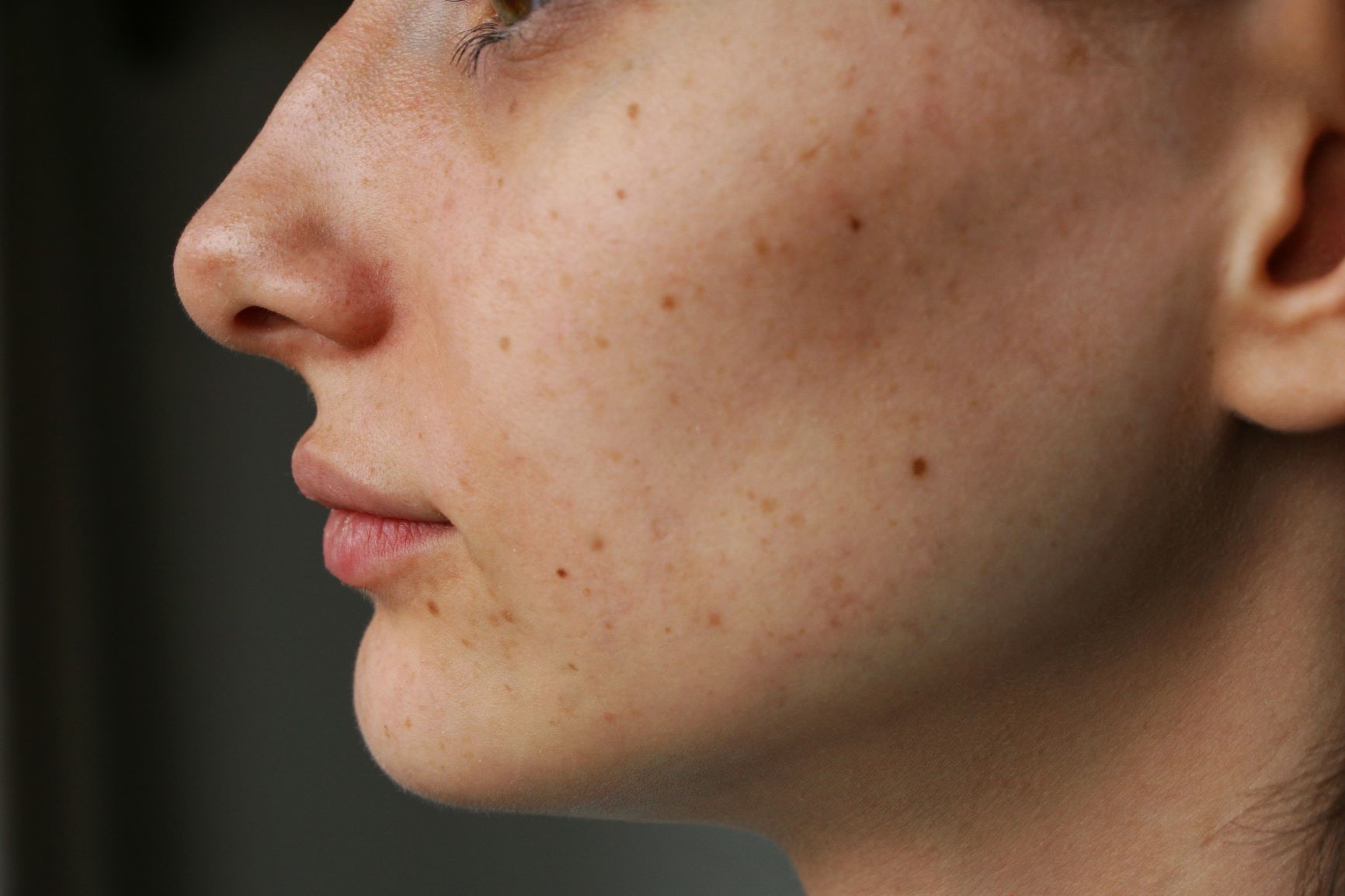
🚫 Myth – You only get age spots when you’re advanced in age.
✅ Fact – Blemishes, scars, and hyperpigmentation can happen to anyone. Yes, age spots are more common amongst the older generation, but that doesn’t make it a future-you problem. Start taking preventative measures NOW by applying sunscreen daily and having a proper skin care routine. Blemishes, scars, and dark spots can take anywhere from a few weeks to six months to heal and fade. Immediate treatment for scars and marks includes using makeup and sunscreen to avoid further sun damage and hyperpigmentation.
Other ingredients known to help fade scars include:
- Honey
- Vitamin C
- Silicone
- Niacinamide
- Retinoic acid
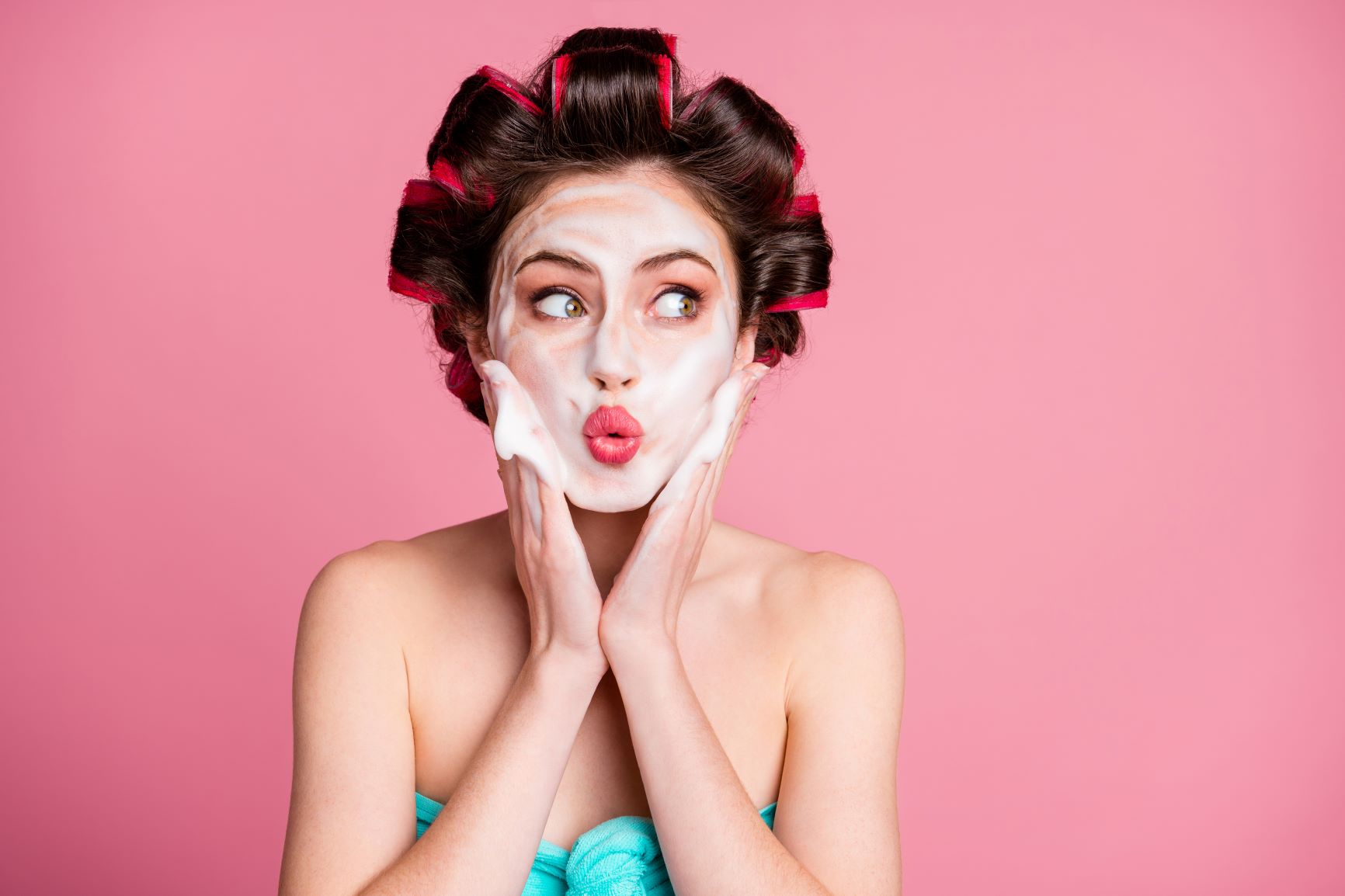
SOAP:
🚫 Myth – It doesn’t matter what soap you use on your face.
✅ Fact – As I said earlier, your skin is unique, so the cleanser you use should be unique! The best soap for your face is the one specifically created for the face. A standard bar of soap isn’t your best option and if you can, try getting something that will be friendlier to your face!
[divider style=”6″]
🚫 Myth – Antibacterial soap is best for keeping your skin clean.
✅ Fact – Skin naturally has bacteria in it, and it is impossible to get it completely free of all bacteria. So, antibacterial soap shouldn’t be your everyday soap. Thorough and consistent handwashing, not antibacterial soap, is what helps prevent the spread of infection.
[divider style=”6″]

TANNING:
🚫 Myth – Tanning is always bad for you.
✅ Fact – Yes, an excessive amount of time under the sun increases the risk of skin cancer, but if you’re using sunscreen and not going to the tanning booth every day or week, you may be safer than you think. Skin cancer risk correlates with total lifetime sun exposure and frequency of sunburns. BUT gradual tans through careful sun exposer isn’t dangerous and will often naturally happen if you’re getting outside (which you should be doing!). As long as you’re using sunscreen (at least SPF 30) thoroughly and avoiding peak sun exposure time – a light tan with no burning isn’t going to kill you.
[divider style=”6″]
🚫 Myth – Tanning is good for you.
✅ Fact – Can you tell tanning is a more complicated topic than blanket statements? There isn’t any evidence that tanned people are healthier than those of us with paler skin. There are health benefits to sun exposure, such as the activation of Vitamin D in the skin. Vitamin D helps keep bones strong and may lower the risk of certain cancers and boost immune function. Depending on how much vitamin D you’re getting in your diet, a lack of sun exposure could increase your risk of vitamin D deficiency. But, always be careful because excessive tanning can damage skin, causing it to wrinkle and age prematurely.
[divider style=”6″]
MOISTURIZING:
🚫 Myth – You don’t need to moisturize if you have oily skin.
✅ Fact – Even if you have oily skin, you need to keep your skin hydrated; otherwise, it’ll produce more oil in an attempt to compensate. Moisturizer keeps your skin balanced and nourished, and so an oily skin type doesn’t mean NO moisturizing; it just means getting the right TYPE of moisturizer. Check out some hydrating serums rather than heavy creams.
[divider style=”6″]
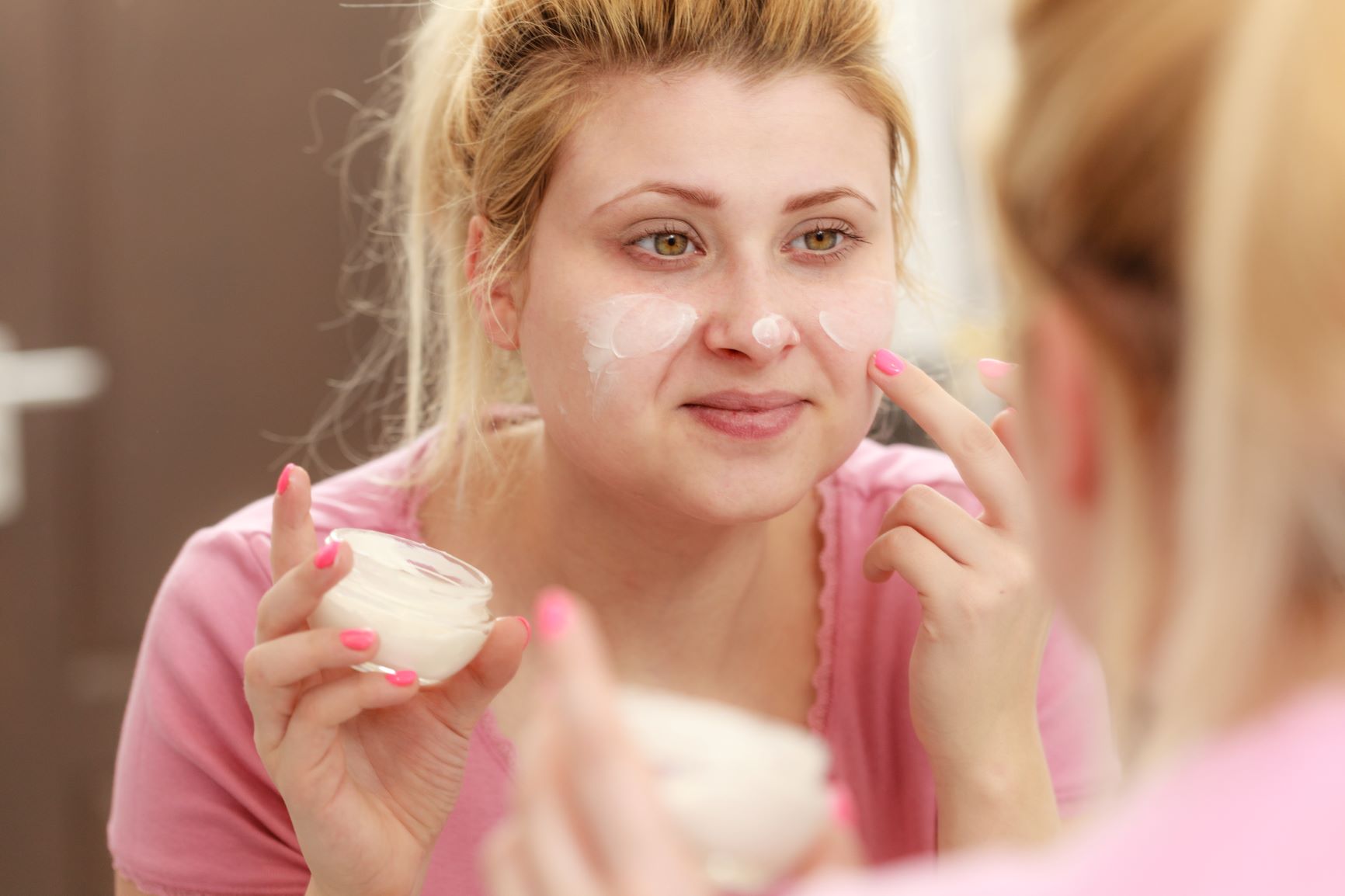
🚫 Myth – The more you moisturize, the better.
✅ Fact – As crazy as it seems, there is such a thing as too much moisturizer. Quality products are highly concentrated and designed to be effective in small amounts. (Plus, this is easier on the wallet. You shouldn’t be buying a new moisturizer every month.) If you use too much product, it’s more likely to sit on the surface of your skin, clog your pores, and potentially cause breakouts. No matter how dry your skin is, all you need is a dime-sized amount of product, morning and evening. If you use too much, your skin could become dependent on moisturizers for hydration.
[divider style=”6″]
SUNSCREEN:
🚫 Myth – Moisturizer or makeup with SPF is enough
✅ Fact – Usually, products such as moisturizers or makeup with SPF in them aren’t enough for sunscreen. The SPF won’t be high enough. You need to look for something closer to 30-50 SPF.
[divider style=”6″]
🚫 Myth – The higher the SPF, the better.
✅ Fact –There are many different sun rays, including UVA, UVB, and UVC. UVA will penetrate the skin deeply (this causes tans), and UVB rays are the primary cause of sunburn. UVC rays won’t even hit you because the atmosphere absorbs them, meaning they never reach the ground. The SPF on sunscreen refers to the amount of protection the product offers from UVB rays. Many sunscreens, therefore, need to protect from both UVA and UVB rays. Broad-spectrum means protection against UVA and UVB. Look for an SPF with one of the following ingredients: Mexoryl, avobenzone, or titanium dioxide.
Translation: Anything higher than 50 SPF isn’t going to make much of a difference and is probably just marketing, anyway. For your face, always go with something between 30 and 50 SPF.
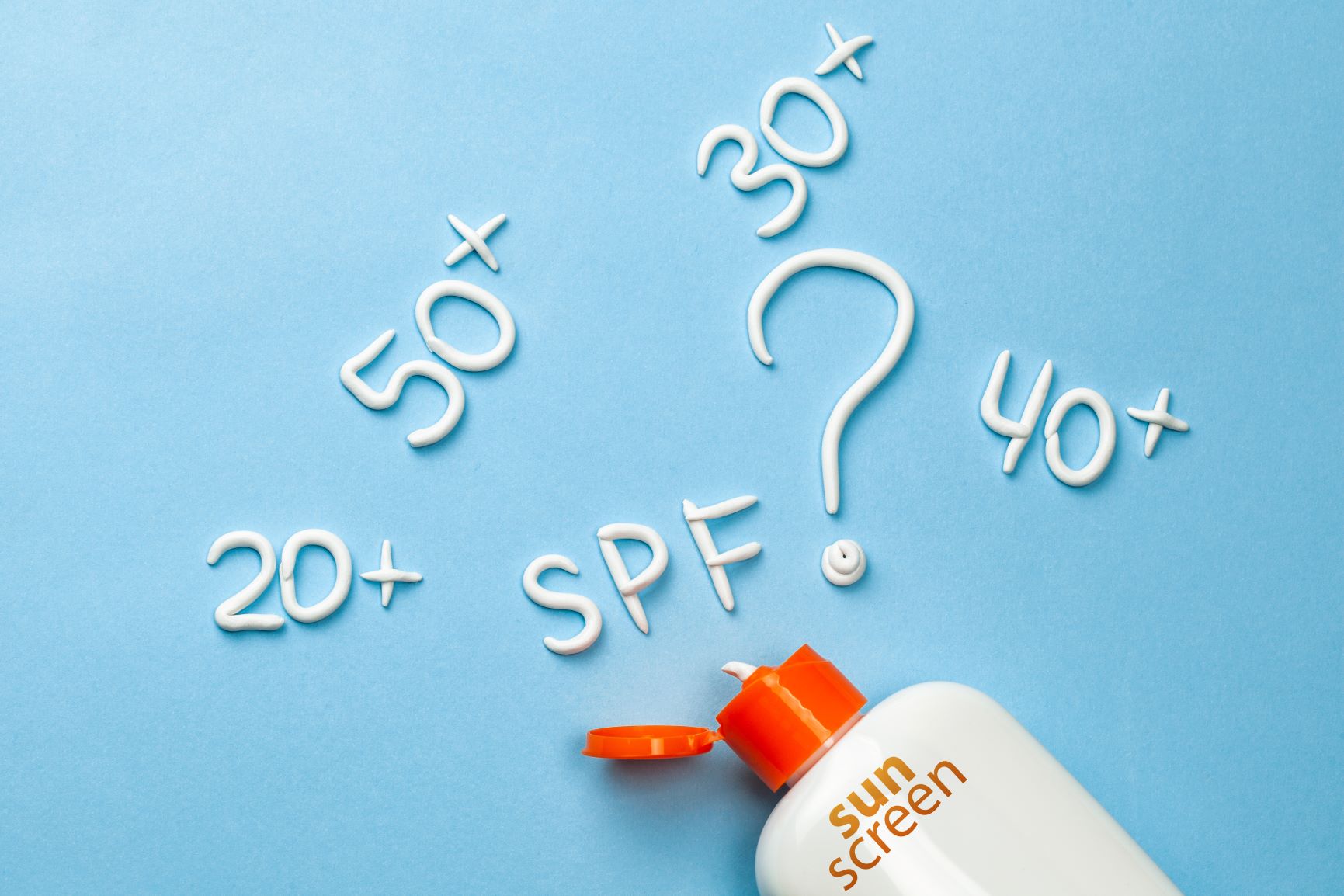
[divider style=”6″]
🚫 Myth – If it’s cloudy, you don’t need sunscreen.
✅ Fact – Those obnoxious rays are going to reach the ground whether or not you see them and are sweating under the sun. Wear sunscreen every day (reapplying if you sweat a lot or go swimming) no matter the number of clouds in the sky or temperature on your weather app.
[divider style=”6″]
I hope these myths and facts helped make skincare easier to understand for you! You can use homemade products if it’s easier, or, if your skin is a little more sensitive, you can see a dermatologist and get specially made products! It all comes down to knowing your skin type and choosing to treat it well.
What have you found works best for your skin?


